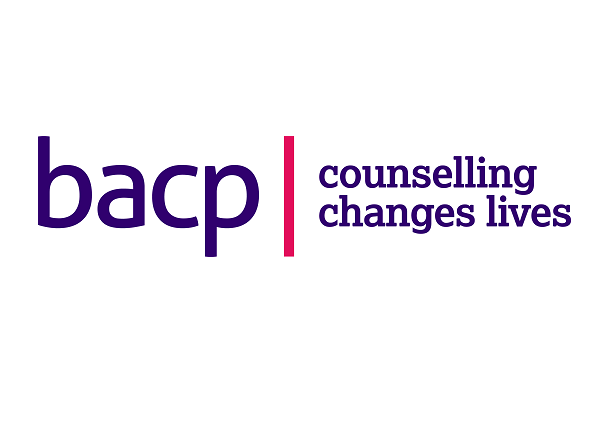
Cross-Cultural Issues Therapy in Wimbledon, Queens Park & Online
Caught between cultures?
Struggling with family or workplace expectations?
Wondering where you truly belong?
Understanding Cross-Cultural Complexities
Cross-cultural life is rarely simple. For some, it means growing up as a second-generation immigrant, living with the echoes of another country in family traditions. For others, it’s working or studying in the UK while family remain abroad. Some are married to or in relationship where different cultural values meet.
The more cultures involved, the richer and sometimes more complex the mix becomes. Traditional and Western values can clash, especially around family roles, relationship, or workplace dynamics. At the same time, living between cultures can bring adaptability, resilience, creativity, and a uniquely rich perspective on life.
At The Village Clinic, we don’t reduce cultural complexity to a problem. We see it as part of your story: sometimes heavy, sometimes inspiring, and often both at once with the potential to help you feel more connected and confident.
In plain terms:
Living between cultures can feel like being pulled in different directions and it can also give you strength, insight, and resilience.
If you’re wondering what to expect before starting therapy with us, see our Fees and our Getting Started guide.
Typical struggles include:
- Feeling caught between cultural expectations and personal freedom
- Pressure to be meet different cultural or workplace expectations
- Guilt, shame, or fear of letting someone down
- Struggles with identity, self-image, or belonging
- Relationship tension when values or religions differ
- Facing racism, discrimination, or micro aggressions
- Pressure to assimilate at work or study, while staying loyal at home
- Pride in having multiple cultural perspectives yet never fully fitting in
Questions first? See our FAQs
Our integrative relational work is guided by Veronika Kloucek, Clinical Director and UKCP & BACP Senior Accredited Psychotherapist, ensuring therapy is grounded in clinical experience and authentic human care.
Cross-Cultural Issues Treatment That Goes Deeper
Culture isn’t just backdrop. It profoundly shapes how we think, feel, and connect. Therapy is a space to untangle cultural tensions, honour heritage, and discover what feels truly your own. It can be as much about celebrating possibility as working through pain that can come from living between worlds.

Therapy Provides Space To:
- Explore what “home” and “belonging” mean for you now
- Untangle family and cultural expectations
- Make sense of migration, distance, or grief for what was left behind
- Strengthen identity and self-confidence across cultures
- Navigate relationships where traditions, values, or religions differ
- Discover the creativity and resilience in your cultural mix
Our approach
Our approach isn’t one-size-fits-all. It’s relational and flexible, shaped with you. When cross-cultural issues are the focus, this often means:
- Talking openly about culture, tradition, and values; what shaped you, and what you want to keep
- Validating the “in-between” experience of being both/and, rather than either/or
- Creating space for both the conflict and the possibilities that multiple cultures bring
- Building strategies to handle prejudice or micro aggressions with steadiness
- Using the therapeutic relationship as a safe ground to test new ways of being seen and understood
Your Questions, Answered
Absolutely. Many people find creativity, adaptability, and empathy in living between cultures. Therapy can help you strengthen those gifts while easing the pain points.
Yes. Your parents’ resilience matters, and so do your feelings. You don’t need the “hardest” story to seek support.
At The Village Clinic, we adapt therapy to your cultural context. We ask, listen, and work with what matters most to you.
You don’t need perfect words to begin. We’ll start with what’s present: sensations, images, fragments of thought.
This is common. Therapy can help you find language for the differences, build understanding, and reduce conflict without losing yourself.

Evidence and Further Reading
- UKCP Guidance: Understanding cultural competence in mental healthcare
- BACP Guidance: Healing from racial trauma
- Therapy Today: Free safe and heartsick
- Read our article Home in Translation: Navigating Cross-Cultural Live and Relationships
Why Choose The Village Clinic?
We are committed to clinical integrity, inclusivity, and professional excellence.







